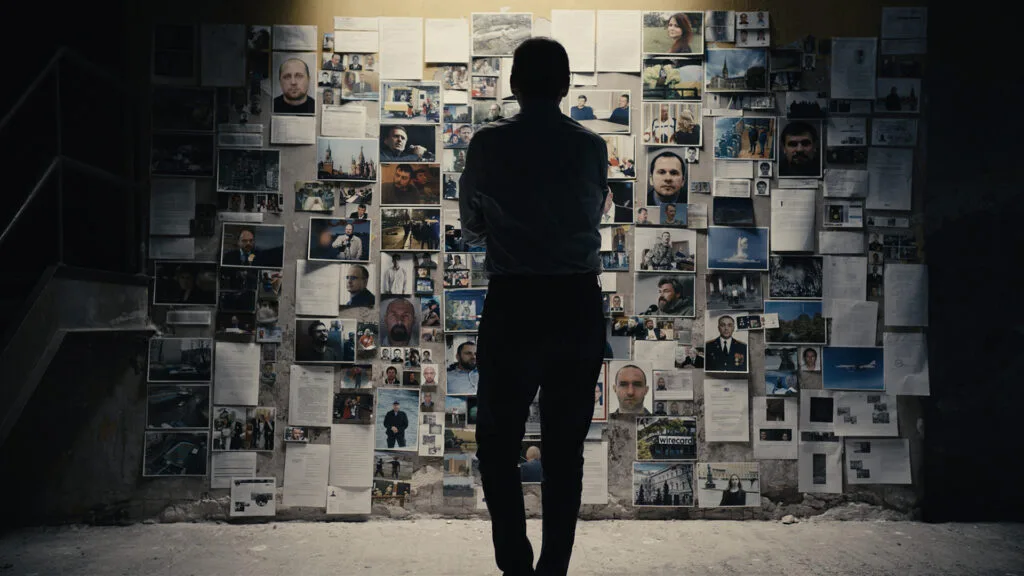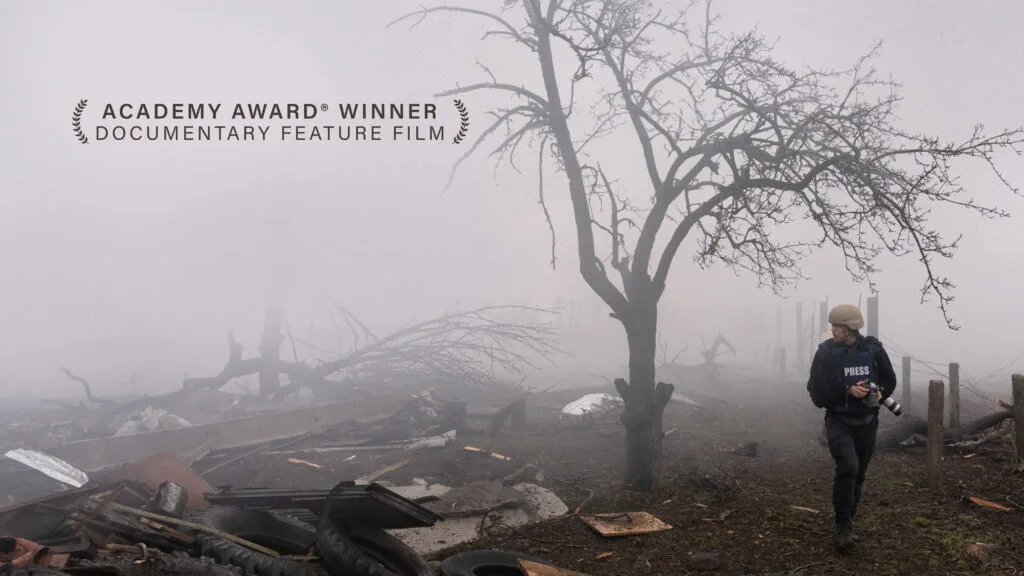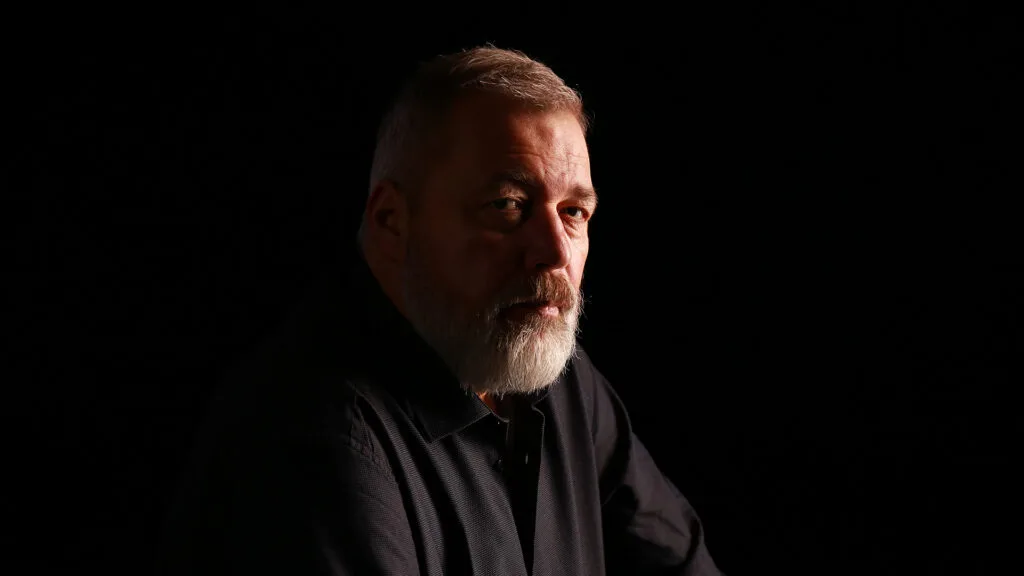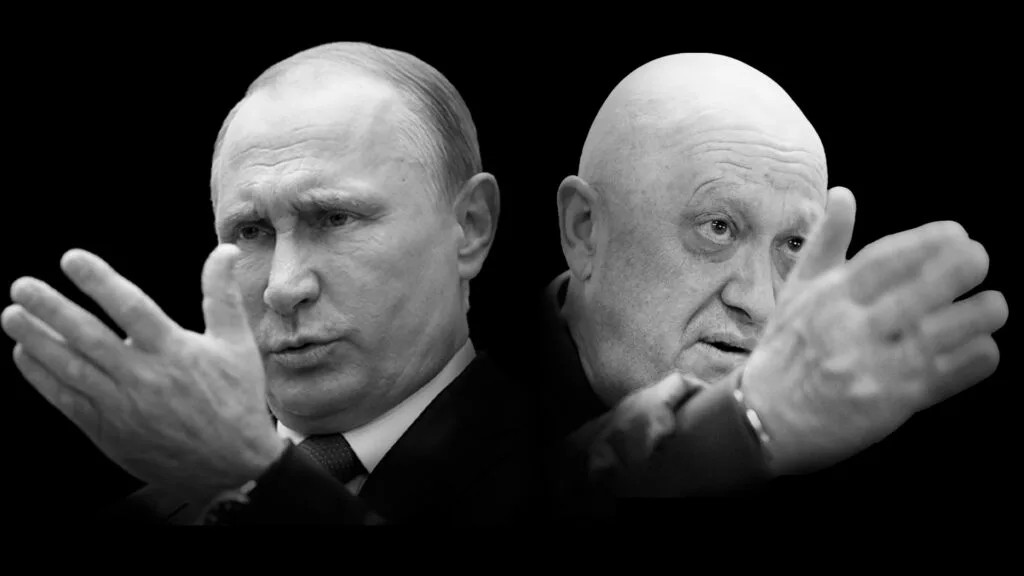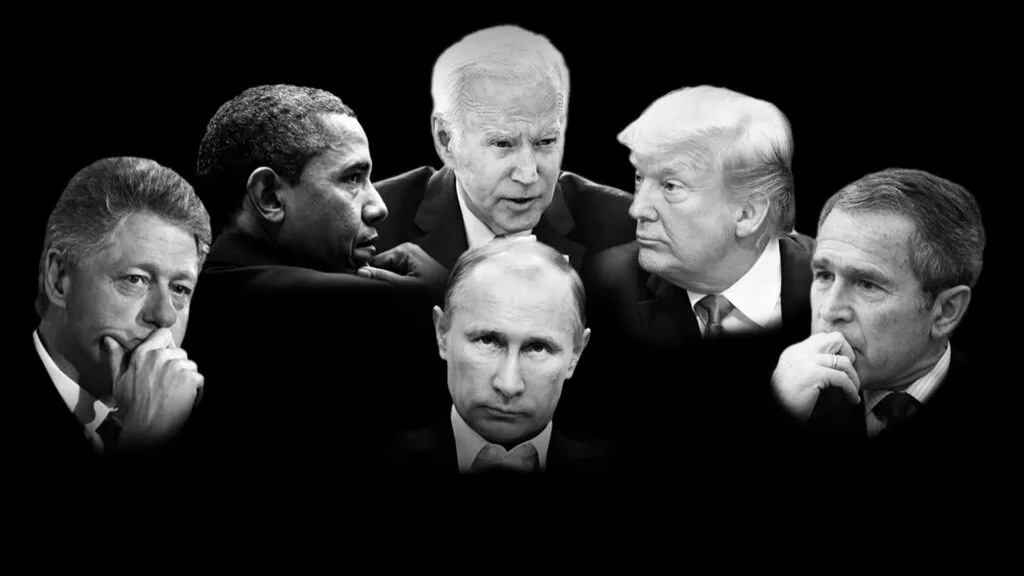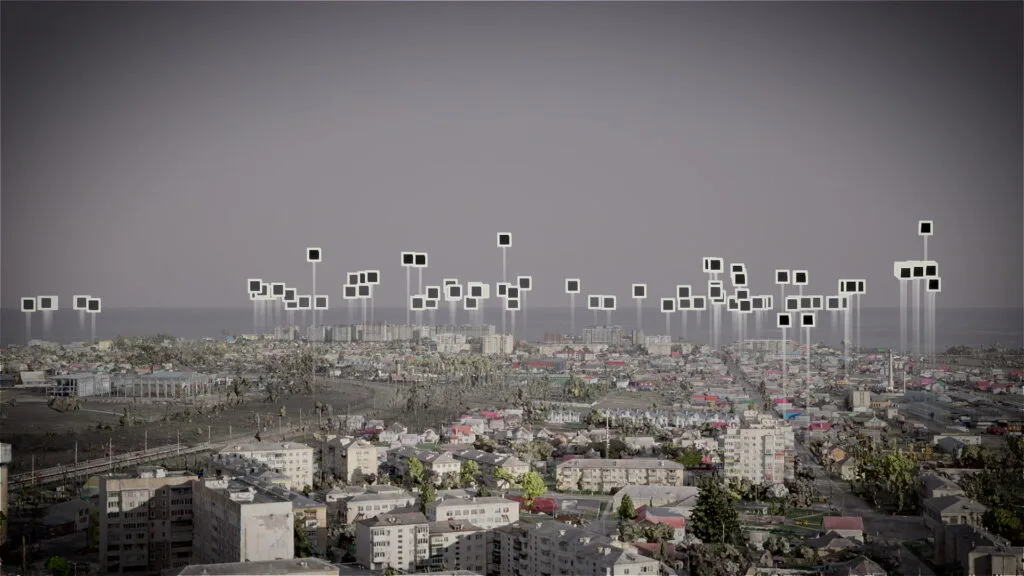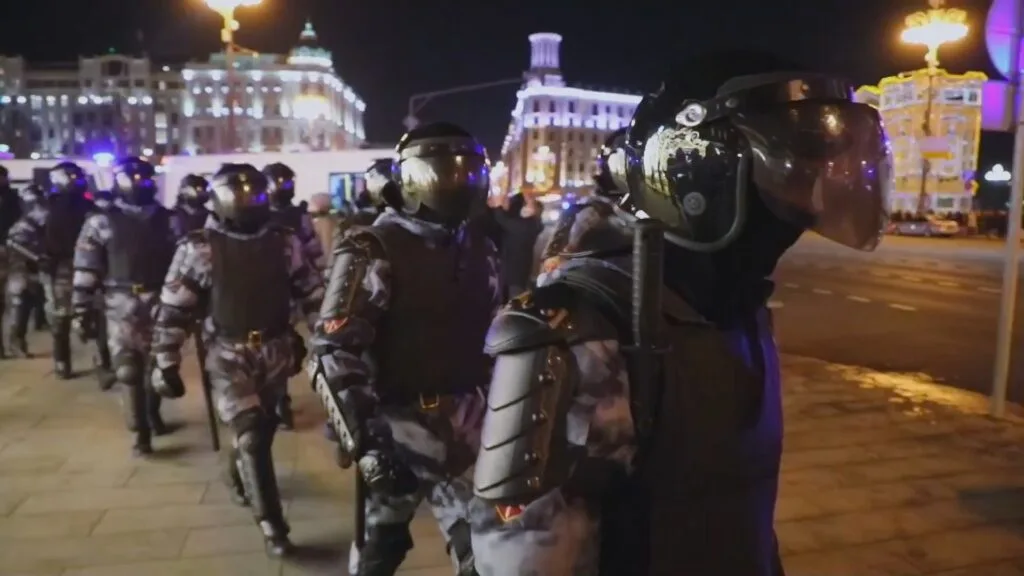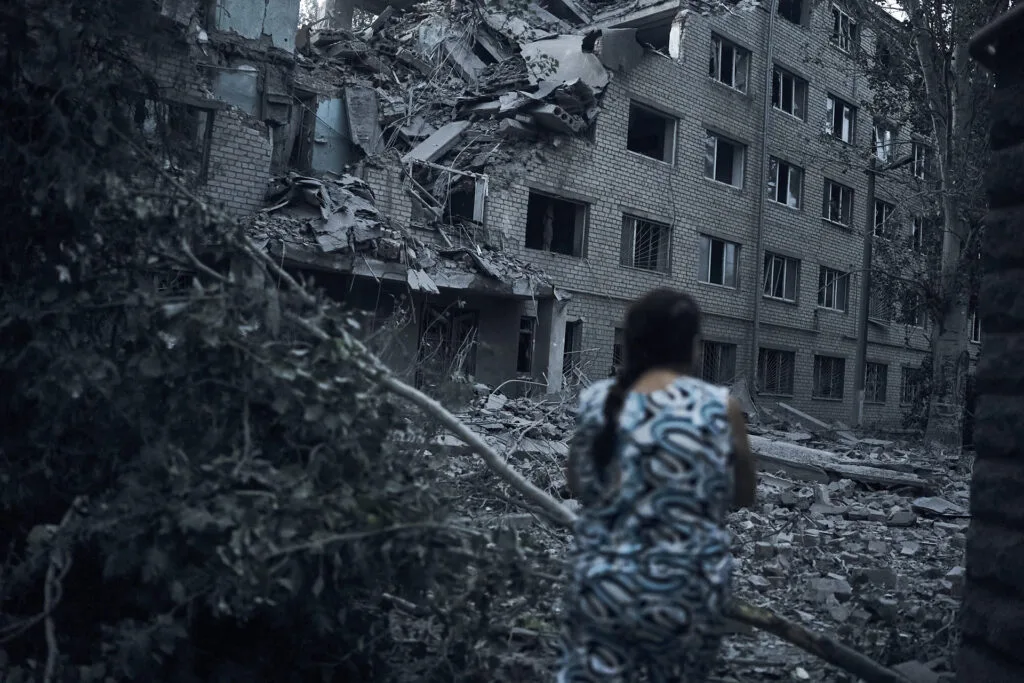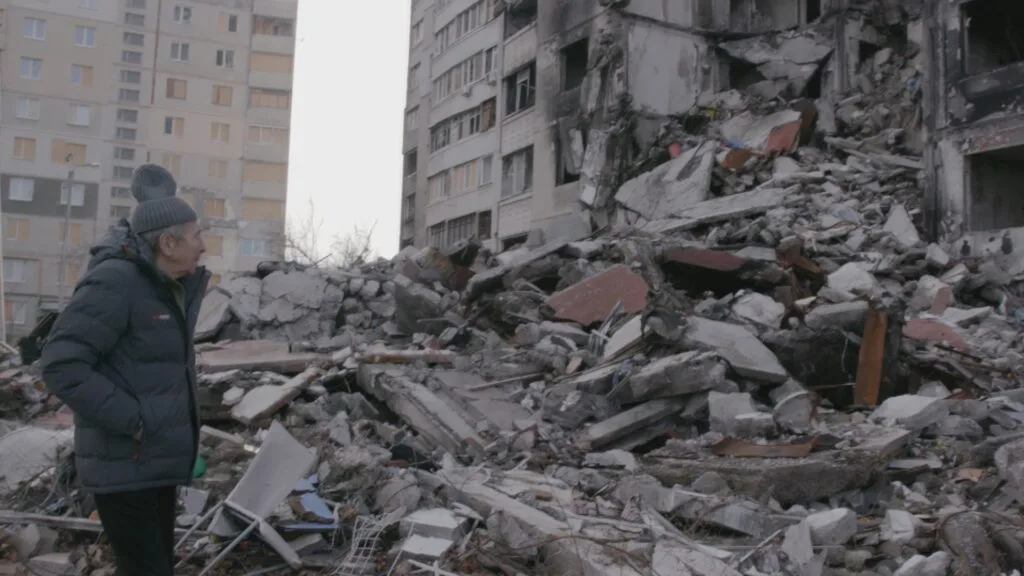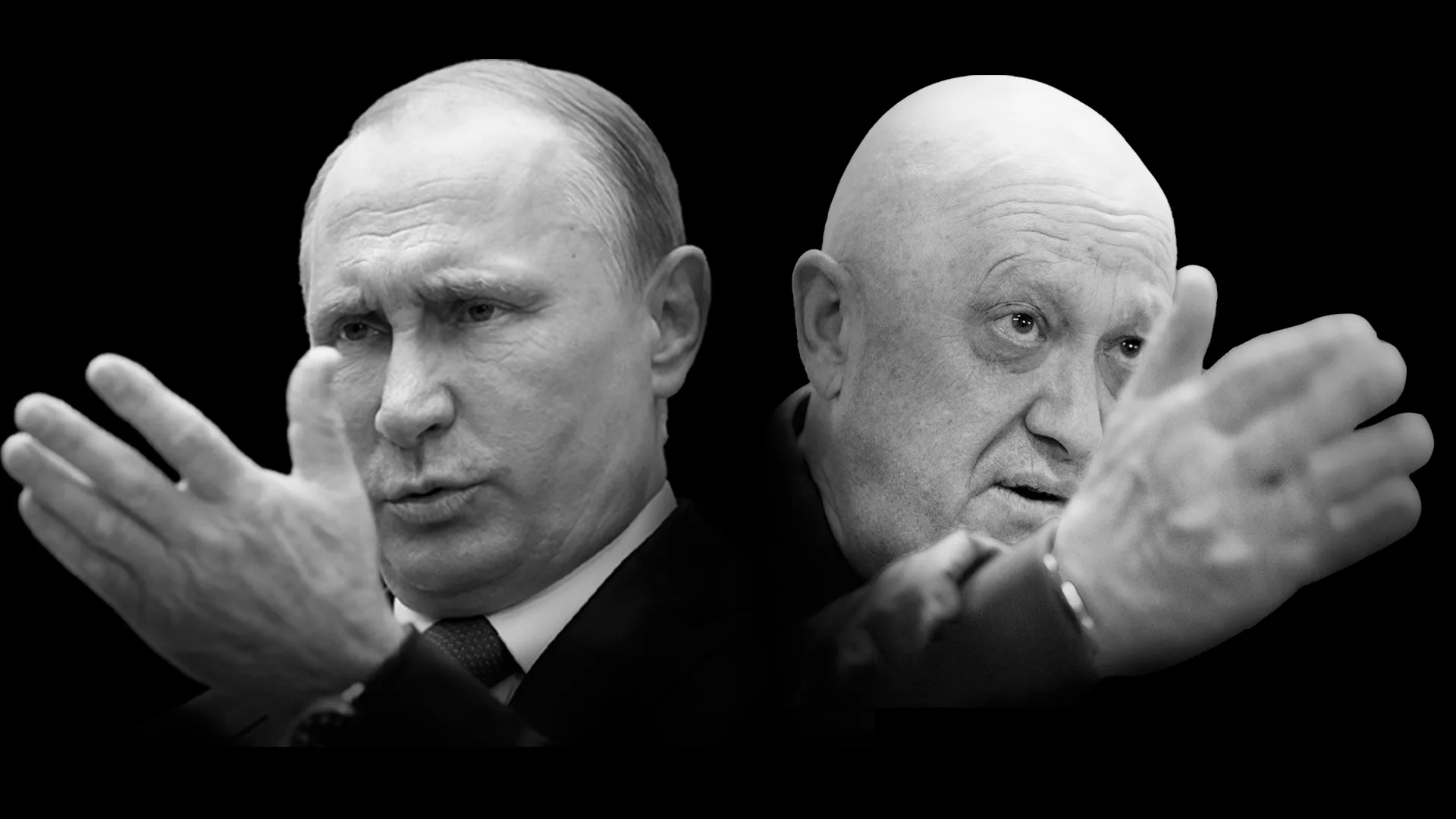What the Wagner Group Mutiny Reveals About Putin’s Grip on Power
July 11, 2023
Share
It’s been described as the most serious threat to Russian President Vladimir Putin’s authority in years — and it came from an ally.
On June 23, the Russian mercenary Wagner Group and its leader, longtime Putin associate Yevgeny Prigozhin, launched an armed mutiny against Russia’s military leadership, seizing military installations in the city of Rostov-on-Don and marching toward Moscow.
Prigozhin and his troops ultimately stood down. But as the FRONTLINE documentary Putin’s Crisis explores, Prigozhin’s unexpected rebellion raised new questions about the strength of Putin’s grip on power amid discontent around his troubled war on Ukraine.
“It reveals that the emperor has no clothes,” author and New York Times journalist Peter Baker says of the mutiny in the opening scene of the documentary, embedded above. “It reveals that it is conceivable to stand against him. And if you’re Putin, you’re looking around that room and you’re saying, ‘Which of these people has a knife in his belt? Which of these people might be thinking about moving on me next?’”
Putin’s Crisis is a documentary from Michael Kirk and his team, the acclaimed journalists behind Putin and the Presidents (2023), Putin’s Road to War (2022) and Putin’s Revenge (2017). Drawing on revealing new interviews as well as the team’s years of reporting on the Russian leader, the documentary tells the inside story of Putin’s rise, his clashes at home and abroad, and how his war on Ukraine led to unforeseen new challenges to his power — including an armed rebellion by someone who was once a right-hand man.
“What he was, was a hatchet man,” New Yorker journalist and author Susan Glasser says about Prigozhin in the documentary. “He was his loyalist who was willing to do the dirty jobs that Vladimir Putin needed, who made himself useful to the Kremlin in an astonishing variety of ways.”
The film unpacks the long relationship between the Russian president and Prigozhin, the leader of a mercenary group accused of brutal atrocities — and how that relationship turned sour as Wagner Group forces fought in Ukraine and Prigozhin became increasingly critical of the Kremlin’s handling of the war effort.
The recent mutiny and Putin’s reaction to it, experts tell FRONTLINE, have damaged the image Putin seeks to cultivate of a leader in total control.
“There was video of Prigozhin and senior generals sitting around talking together [in Rostov-on-Don],” Kori Schake of the American Enterprise Institute, a former deputy director at the U.S. state department, says of how the rebellion unfolded. She notes the mercenaries “didn’t have to fight their way into the headquarters. National Guard troops didn’t roll out to confront them when they took the military headquarters.”
And as the excerpt explores, Putin was silent during the first hours of the crisis. “A military force is moving in on Moscow, and there’s no sign that the president is taking any action,” says Evelyn Farkas, former deputy assistant secretary of defense for Russia/Ukraine/Eurasia. “He was losing his nerve. And that’s very unusual for Vladimir Putin.”
When Putin finally went before the cameras, calling the mutiny “a stab in the back of our country and our people,” former U.S. Ambassador to Ukraine William Taylor saw a man shaken.
“Putin’s demeanor was anger, not in control,” Taylor says in the excerpt. “He was clearly panicked.”
The Russian president was in the midst of something he had not faced before, according to journalists and former U.S. state department insiders who share their insights in the documentary.
“This was the first time in more than 20 years of Vladimir Putin’s rule in which there was a serious challenge to the monopoly of power of the state,” New Yorker journalist and author Susan Glasser says, calling the mutiny “a breathtaking moment.”
As the war on Ukraine continues and the world watches how Putin responds to Prigozhin’s challenge to his authority, Putin’s Crisis is an essential primer on how the Russian leader consolidated power over the years — and why that power has now come under threat.
For the full story, watch Putin’s Crisis:
The documentary premiered on July 11, 2023. It is available to watch on FRONTLINE’s website, FRONTLINE’s YouTube channel, the PBS App and the PBS Documentaries Prime Video Channel. Putin’s Crisis is a FRONTLINE production with the Kirk Documentary Group. The director is Michael Kirk. The producers are Michael Kirk, Mike Wiser and Vanessa Fica. The writers are Michael Kirk and Mike Wiser. The reporter is Vanessa Fica. The editor-in-chief and executive producer of FRONTLINE is Raney Aronson-Rath.
Correction: This piece has been updated to properly attribute the quote about Prigozhin serving as Putin’s “hatchet man.” That was said by Susan Glasser, not Kori Schake.
This story has been updated.

Related Documentaries
Latest Documentaries
Related Stories
Related Stories
Explore
Policies
Teacher Center
Funding for FRONTLINE is provided through the support of PBS viewers and by the Corporation for Public Broadcasting, with major support from Ford Foundation. Additional funding is provided the Abrams Foundation, Park Foundation, John D. and Catherine T. MacArthur Foundation, Heising-Simons Foundation, and the FRONTLINE Trust, with major support from Jon and Jo Ann Hagler on behalf of the Jon L. Hagler Foundation, and additional support from Koo and Patricia Yuen. FRONTLINE is a registered trademark of WGBH Educational Foundation. Web Site Copyright ©1995-2025 WGBH Educational Foundation. PBS is a 501(c)(3) not-for-profit organization.

